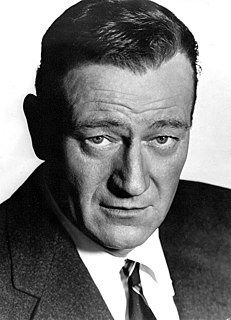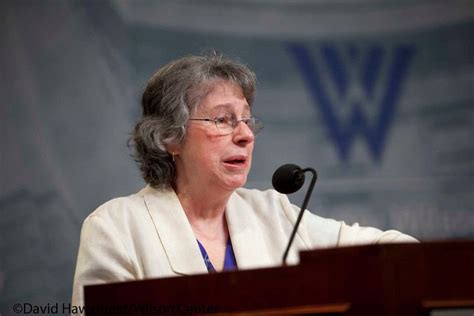A Quote by Mason Cooley
Unlike the ambiguity of life, the ambiguity of language does reach a limit.
Related Quotes
All the scientist creates in a fact is the language in which he enunciates it. If he predicts a fact, he will employ this language, and for all those who can speak and understand it, his prediction is free from ambiguity. Moreover, this prediction once made, it evidently does not depend upon him whether it is fulfilled or not.
No need to choose; become choiceless. And whatsoever happens happens; whatsoever happens is good. Let things happen rather than trying to do, and you will be surprised that all ambiguity disappears. It is a by-product of the chooser's mind, the choosing mind, that creates ambiguity. Otherwise there is no dilemma. Negative and positive are perfectly balancing in life.
For me, wellbehaved books with neat plots and worked-out endings seem somewhat quaint in the face of the largely incoherent reality of modern life; and then again fiction, at least as I write it and think of it, is a kind of religious meditation in which language is the final enlightenment, and it is language, in its beauty, its ambiguity and its shifting textures, that drives my work.
In any case, once you're dealing on a nonverbal level, ambiguity is unavoidable. But it's the ambiguity of all art, of a fine piece of music or a painting - you don't need written instructions by the composer or painter accompanying such works to 'explain' them. “Explaining” them contributes nothing but a superficial 'cultural' value which has no value except for critics and teachers who have to earn a living.






































